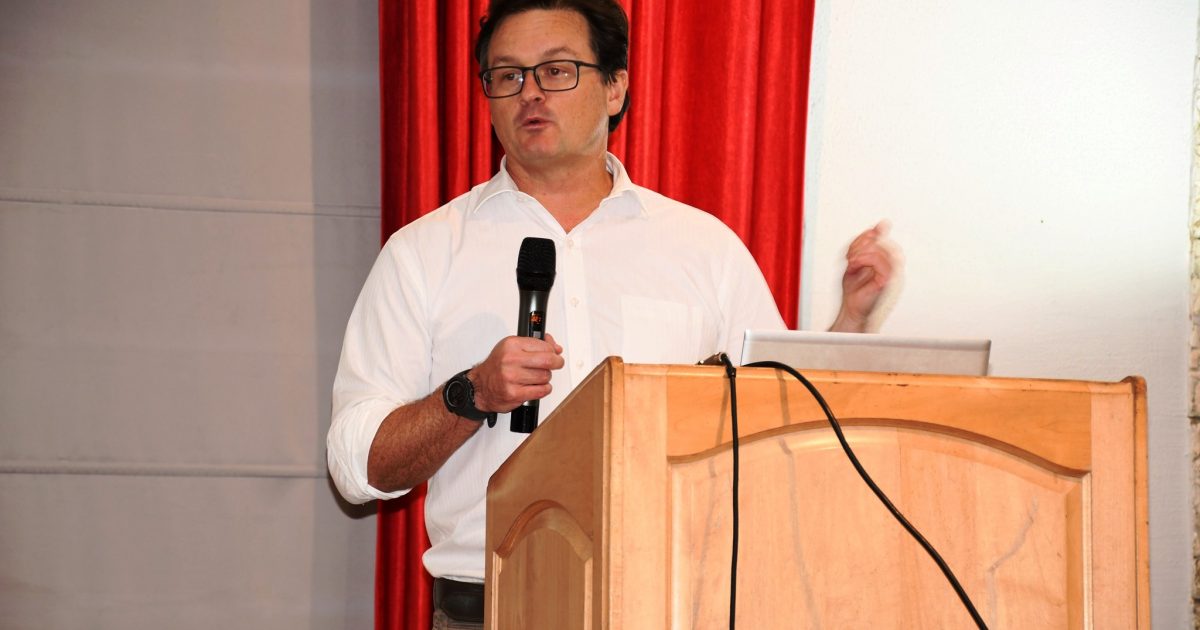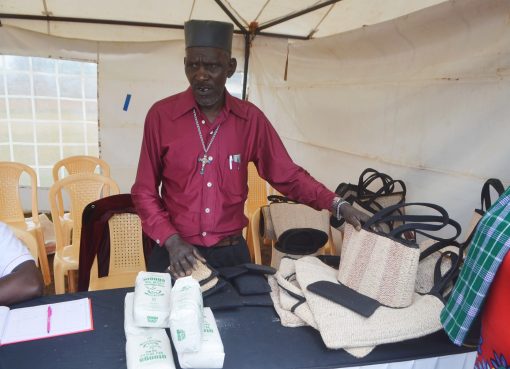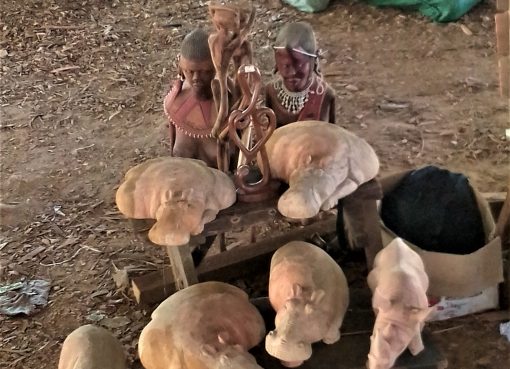Kwale-based Australian mining firm Base Titanium says its efforts to prospect and explore for minerals in Kwale East dunes are being slowed down by a section of residents opposed to its activities.
The mining company says the new exploration activities in Kwale East represent an opportunity to extend Kwale Operation’s mine life beyond December 2024.
In an effort to extend its operations, Base Titanium is seeking to identify additional mineral deposits that may lie in proximity to the existing operational zones.
Exploration involves a range of activities to help determine if there are potentially lucrative minerals under the earth.
Base Titanium owns and manages Kwale Operation, a high-grade mineral sands mine rich in rutile, ilmenite and zircon that commenced production in 2013.
The fresh drilling campaign seeks to fully harness the commercially viable mineral deposits in the area and evaluate the merits of a long-life mining operation.
The Kwale Operation currently accounts for approximately 65 percent of Kenya’s mining industry by mineral output value and the Central and South Dunes currently form part of the Kwale Project.
Base Titanium General Manager External Affairs Simon Wall says if the exploration process identifies critical minerals that could be commercially extracted, then mining may begin.
Wall says the mining company has so far undertaken 1100 exploration drill holes in the first phase but is narrowing down to about 400 to 500 targeted drill holes before embarking on a full-scale mining operation.
“The resource upgrade drilling programme underway in the Kwale East region represents our best opportunity for further mine life extension, with over 11,000 holes drilled to date,” Wall noted.
He says mineral sands exploration represents an opportunity to extend Kwale’s mine life and, with it, bring further employment, economic output, development and community benefits.
Wall says based on current reserves, the Kwale sand mine has a limited operational life and estimates show that at the end of 2024, the reserve would be depleted and the mine would close.
He says initial exploration activities, such as mapping, would start over a large area and then target smaller and smaller areas.
“The aim is to see if mineralization is at levels large enough to be commercially extracted,” he said.
In order to obtain the most accurate sampling for determining grade, drill holes will normally be aimed at intersecting a potential ore body at a high angle.
The hole will also be targeted to intersect mineralization at a depth where a good core or cutting return can be expected.
Wall says the exploration drilling is planned in a pattern to be conducted in sequence to facilitate midterm assessment of quality, quantity, and reliability of the estimates.
He says mineral prospecting and exploration proceed step by step, taking into account geological and geophysical maps to delineate areas of interest.
Wall revealed that a bad blood situation is now brewing between those who favour and those who are opposed to the ongoing mining exploration.
“As a responsible company, Base Titanium consults local communities before carrying out prospecting, exploration and mining activities,” he said.
He says the majority of the local community welcomed the expanding exploration and mining activities but a handful were resisting the programme.
“Mineral exploration is the process of searching for evidence with the goal of identifying exploitable mineral deposits and is always performed on someone’s land, for which we must seek consent,” he said.
Wall was speaking when Base Titanium met with representatives from the National and Kwale County governments, elected leaders from the County, community representatives and members of the civil society to provide a status update of Base’s exploration activities in Kwale East.

The top mining official says a few households have refused permission for the company to dig their land for drilling, thus threatening to stall the entire exercise that has gobbled up a fortune as the ‘mineral exploration phase is long and costly’.
Some of the villagers in the area who are dependent on agriculture and opposed to the mineral exploration activities are not sure what the future holds.
“If the few families within the immediate vicinity of the mining sites prove uncooperative, then we will have no option but to suspend the mineral exploration activities, threatening hundreds of jobs,” he said.
Wall says the company, which is accredited as a Kenya Vision 2030 flagship mining project, holds mineral exploration and mining licences but that managing the expectations of the local communities in the minerals sector is proving cumbersome.
He says the exploration licence gives the flagship company sole rights to search for a specific mineral within the specified areas.
In order for companies to be able to carry out ore exploration and mining activities, they must obtain the approval of the local community, often referred to as the social licence to operate (SLO).
“We are cognizant of the fact that social licence demands transparency and accountability, which we are going out of our way to meet as community engagement is an important element in our mining operations,” said Wall.
He says the local community, who are the key stakeholders, is demanding stronger engagement and transparency, so much so that a social licence would soon be akin to a mining permit, without which mining companies would find it impossible to operate.
Kwale County Commissioner (CC) Meru Mwangi says the SLO provides engagement opportunities between companies and the communities in which they work.
Mwangi says social licence is the acceptance of the mining company by its employees, its community stakeholders and the general public.
The CC says the local leadership would meet and convince the reluctant community members opposing the mining exploration to agree to the continuation of the mineral exploration activities.
“There is no question that investment in mining will continue to be needed for the betterment of the country,” he said, adding that the mineral resource dilemma is how to balance competing interests.
He added The local leadership should also engage the residents to change their negative attitudes and values towards mineral exploration and mining’.
Kwale County Executive Committee Member for Environment and Natural Resources Saumu Beja says the devolved unit seeks to support investors and enhance investment in the mining sector.
Ms. Beja says the county will allow the company to carry out the drilling programme for mineral exploration in schools, health facilities and other social amenities.
“As a devolved government, we are ready to collaborate with Base Titanium and ask all stakeholders to support the mineral exploration activities,” she said, adding that mining is one of Kwale’s most important economic sectors.
By Hussein Abdullahi




